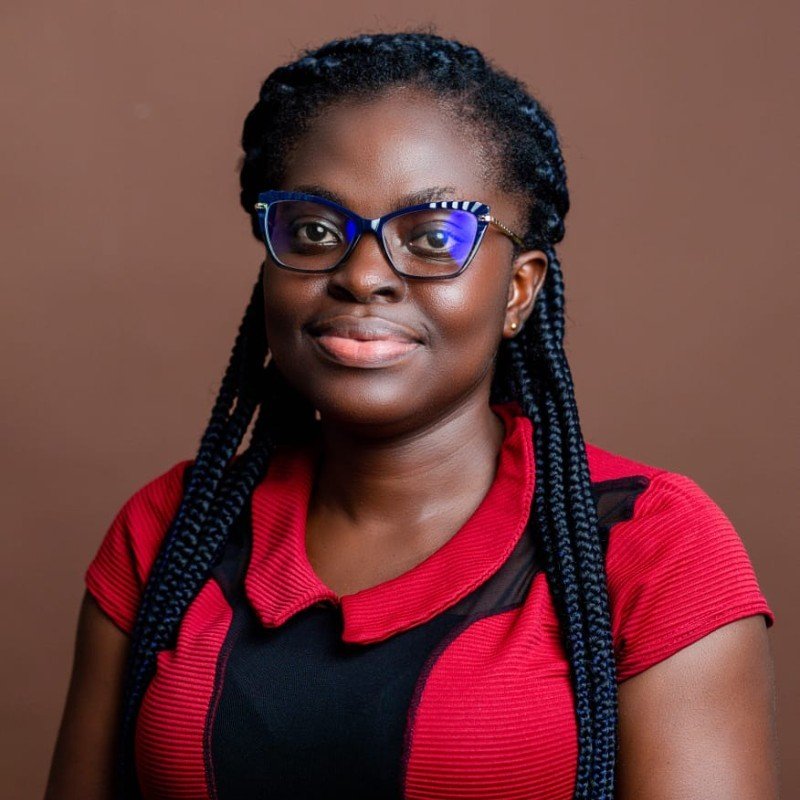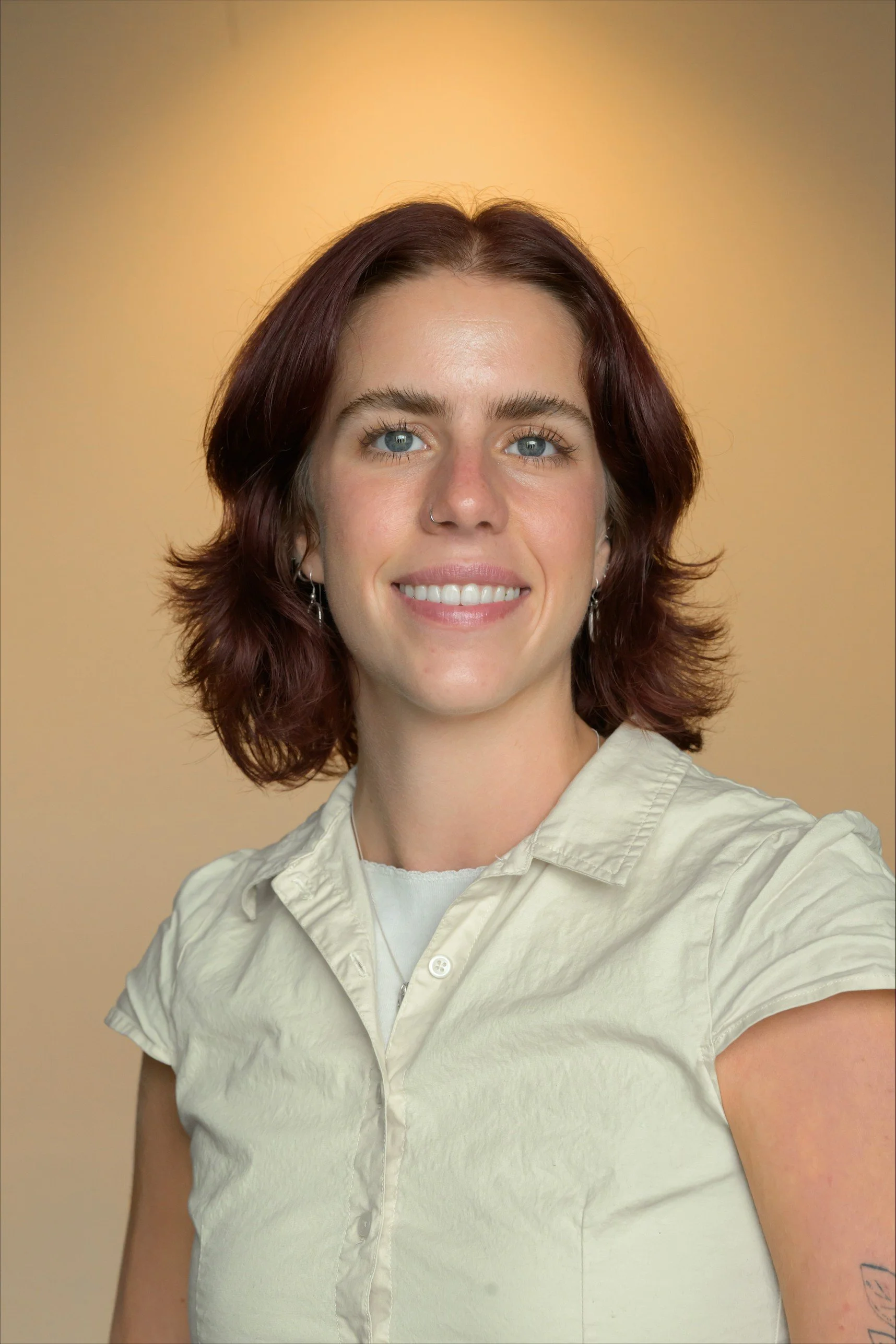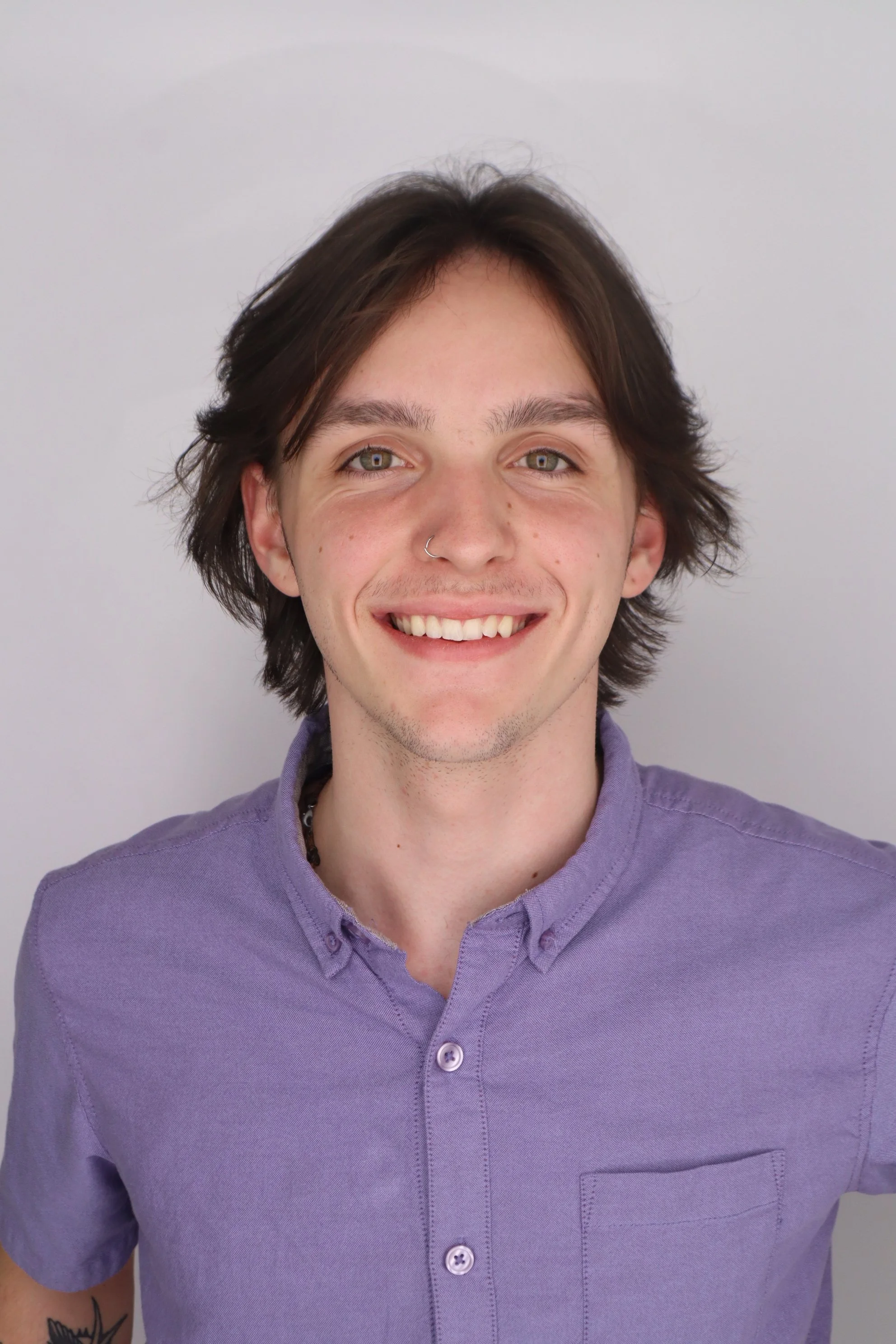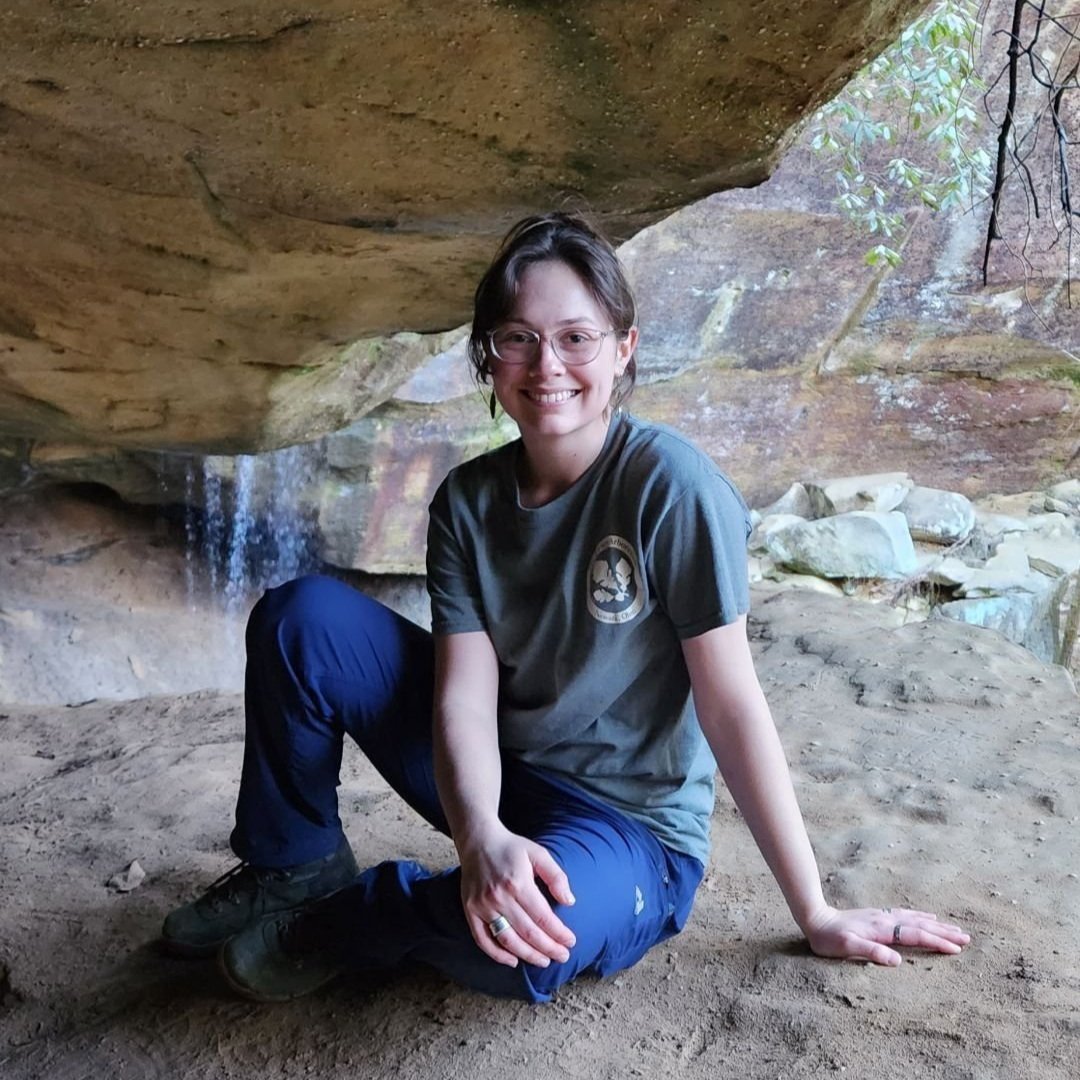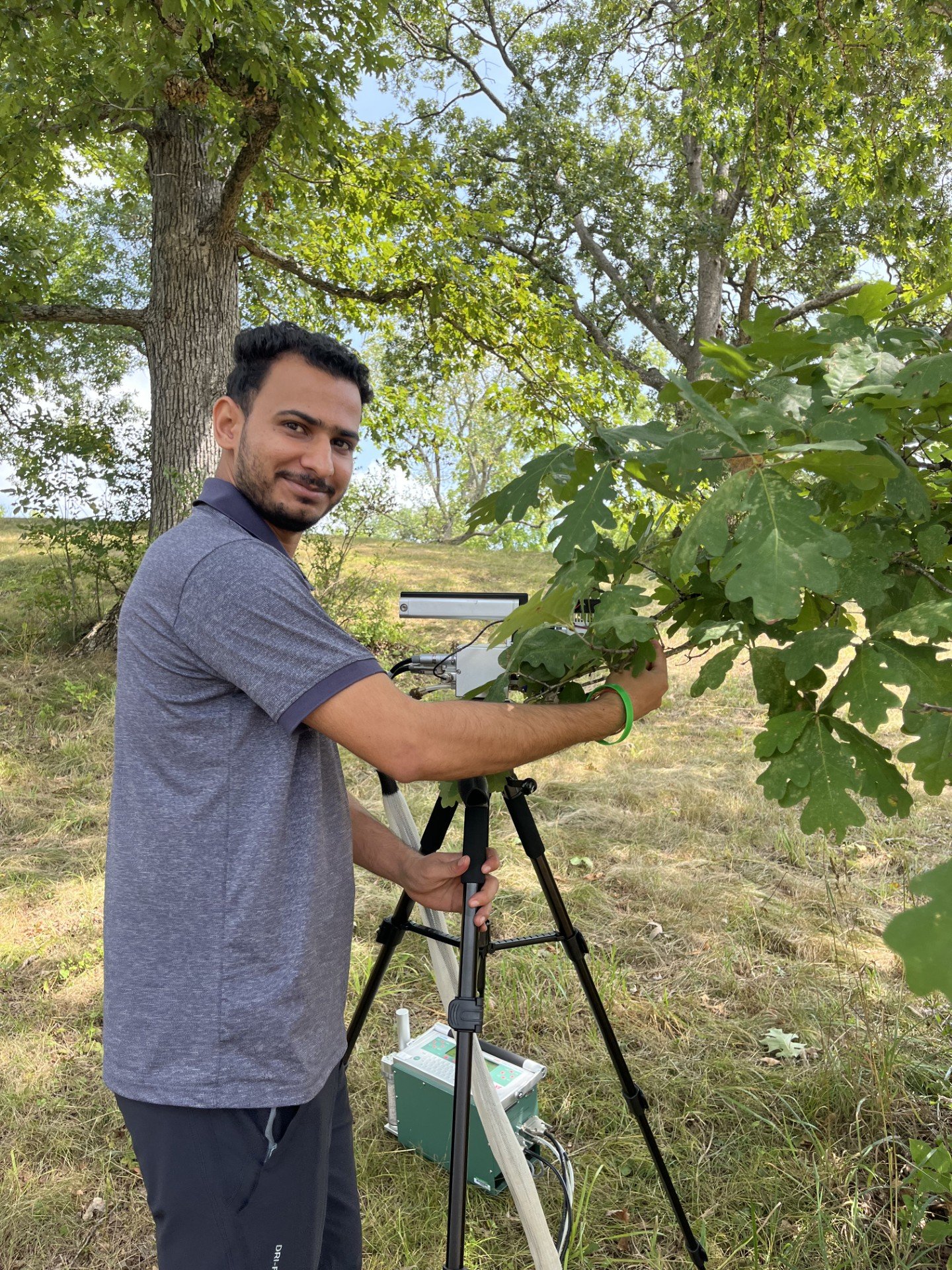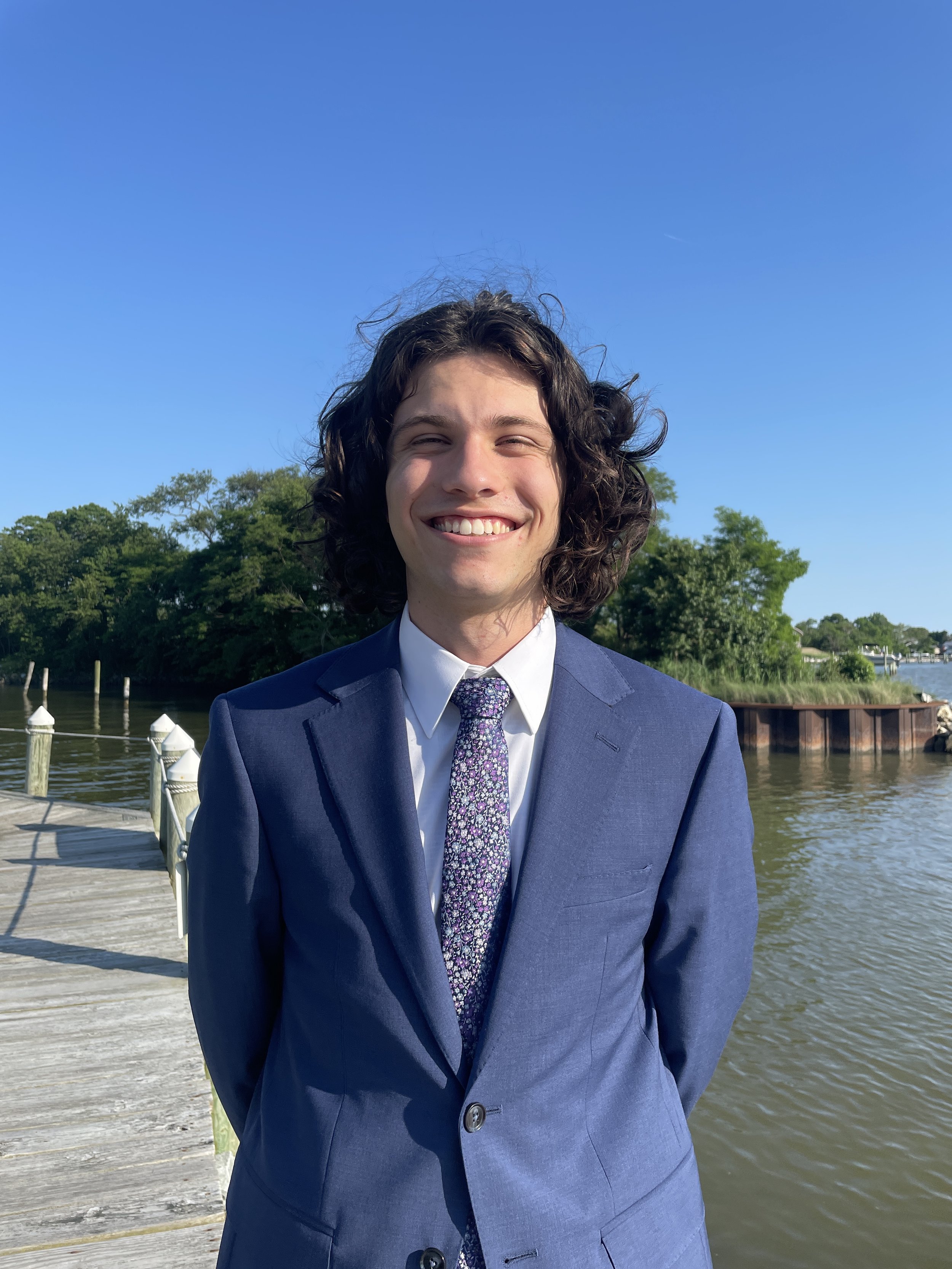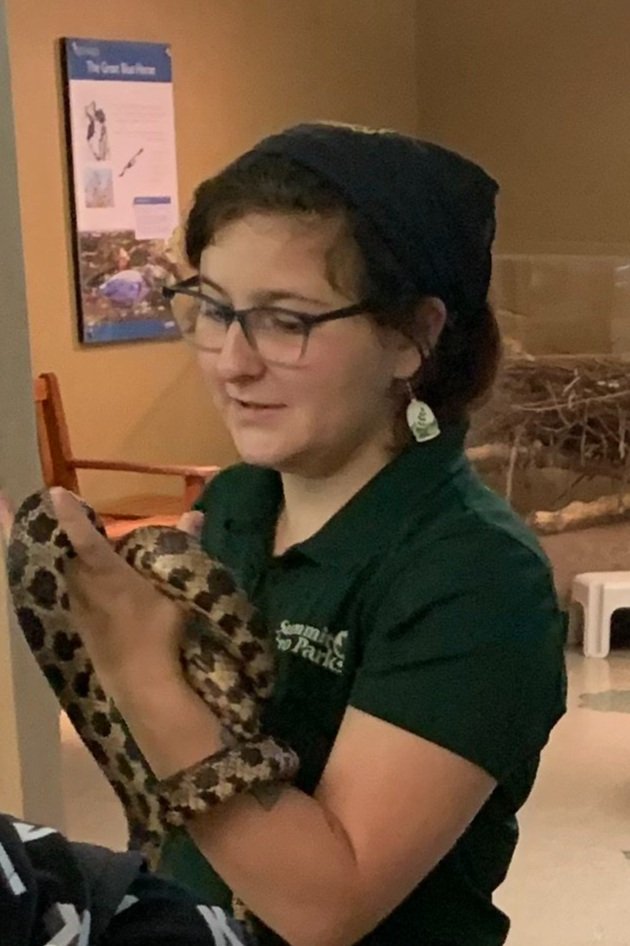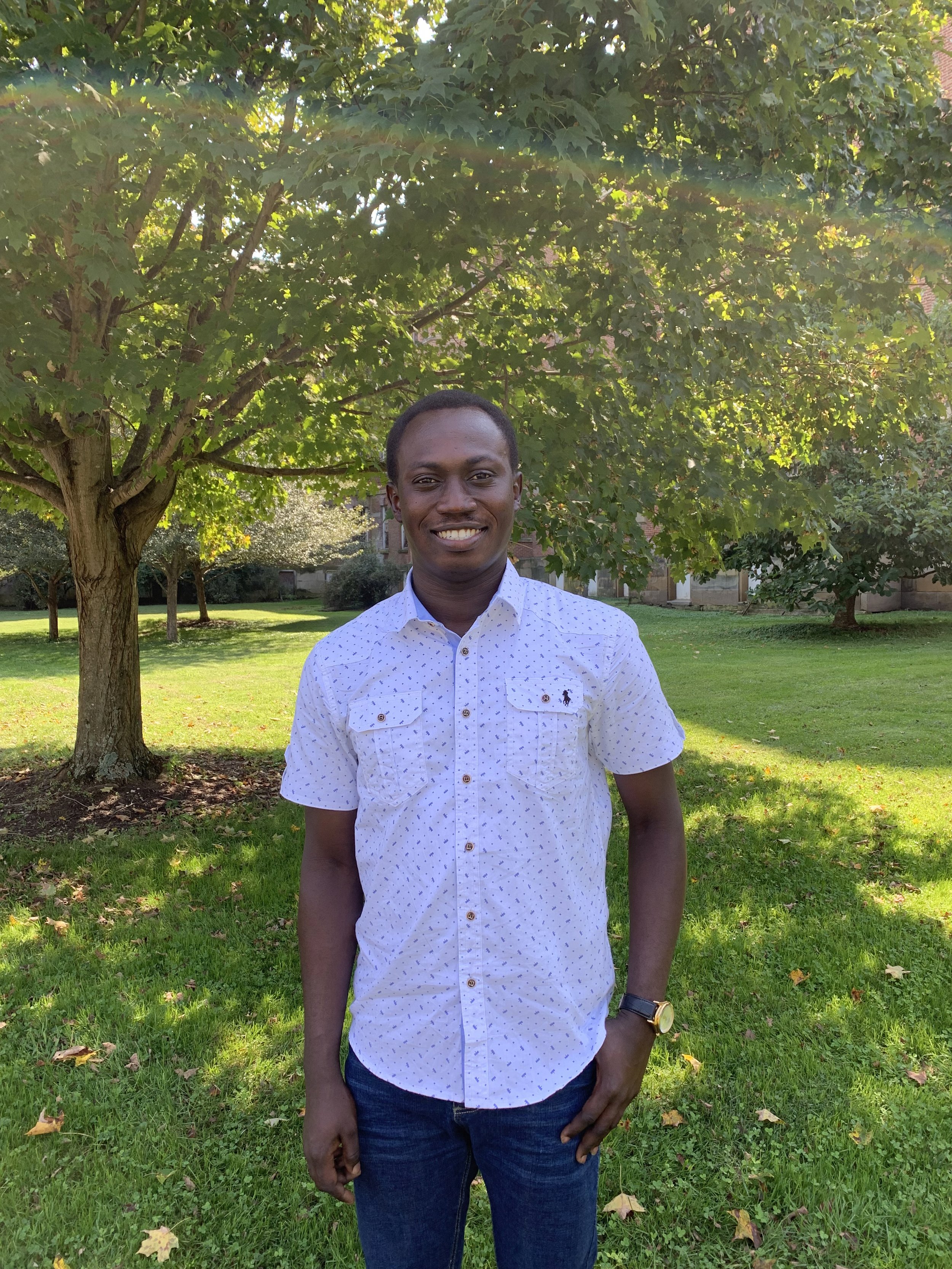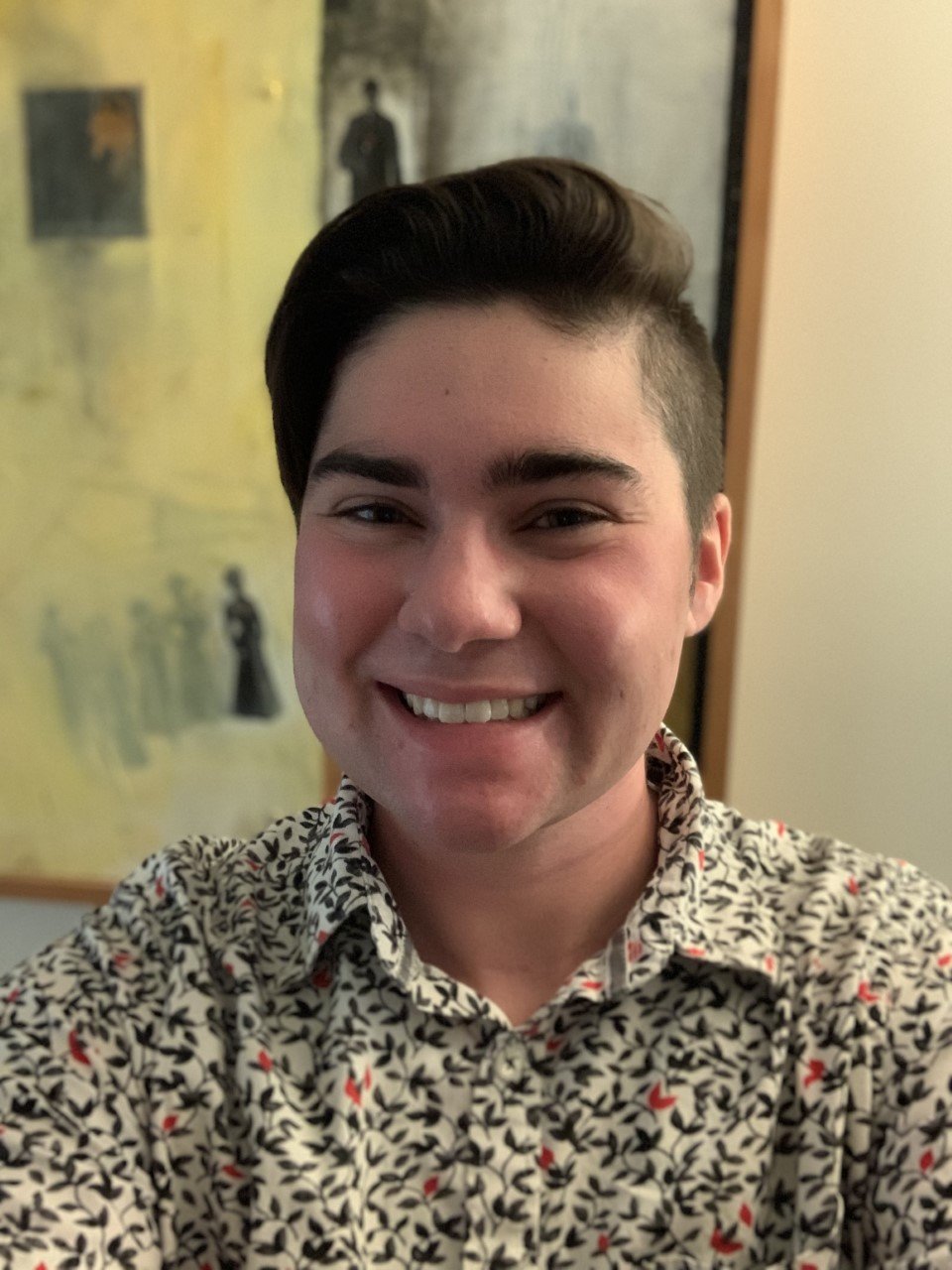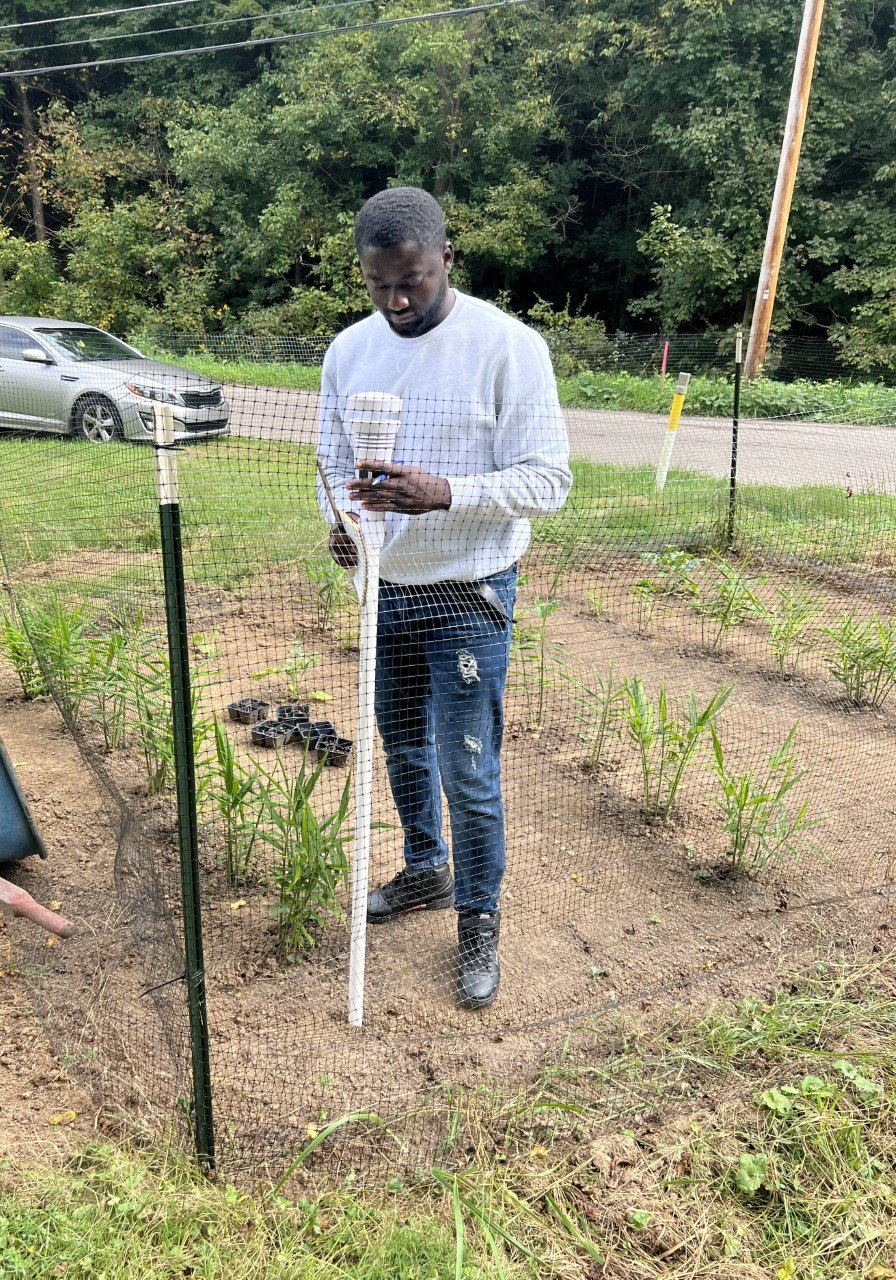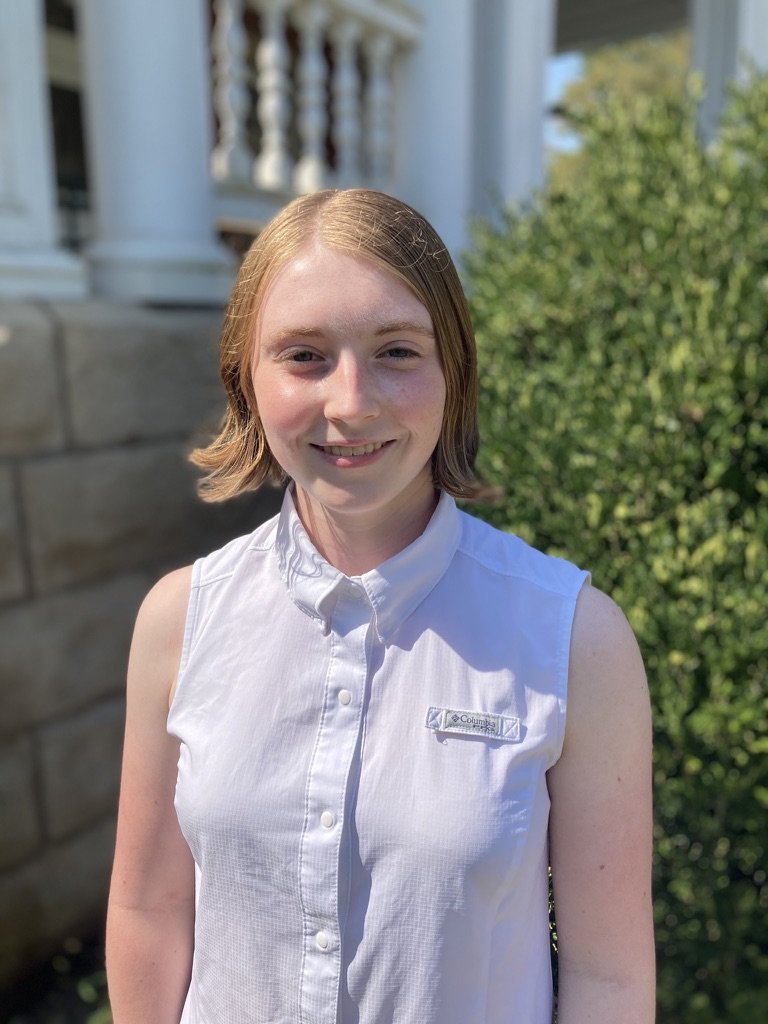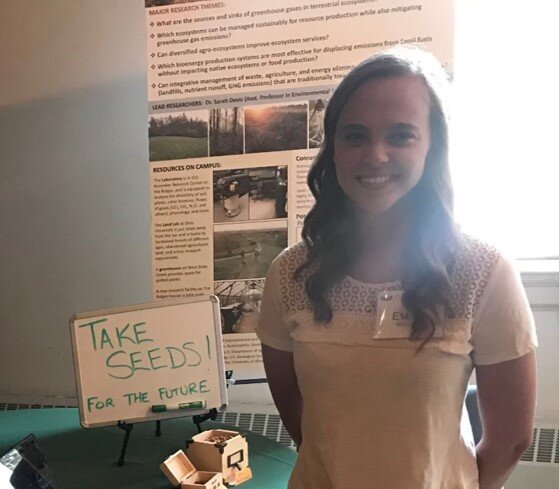Meet the team:
The Davis Lab has many collaborators, working with professionals, community organization partners, graduate students, and undergraduate students, but these are current and recent members of the core research team:
Sarah C. Davis
Dr. Davis is an ecosystem ecologist and bioenergy systems expert with a research background in carbon sequestration, biofuel systems efficiency, greenhouse gas mitigation, forest ecology, agro-ecosystem management, and ecophysiology, including Crassulacean Acid Metabolism in plants. Dr. Davis has been involved with STEM education for over 20 years, administering alternative education programs for underprivileged high school students from 1998-2003, teaching undergraduate students from 2003-present, and training graduate students and postdoctoral researchers from 2010- present. Dr. Davis authored over 50 peer-reviewed scientific articles and book chapters, was a recent Chair of the Agroecology Section of the Ecological Society of America, founded Open OHIO (a collaborative that promotes civic friendship and interdisciplinary collaboration), and has directed grant funding for research projects totaling over $3.5M. Her research has been funded by the National Science Foundation, US Department of Agriculture, the US Environmental Protection Agency, the Sugar Bush Foundation, the Energy Biosciences Institute, and other organizations. Davis joined the Voinovich School and launched this research group at Ohio University in 2013. In addition her professional work, Davis is an outdoor enthusiast, and loves to hike, bike, ski, snowboard, paint, design, sew, and cook. She is married and has two beloved children.
Edward Abbiw
Edward is the laboratory coordinator for the Davis research group. Edward has an MS in Geography (2020) and MS in Environmental Studies (2022), both from Ohio University. He also holds a BS in Environmental Science from the University of Cape Coast. In 2011, He joined the Environment, Health, and Safety department of Noble Gold Limited, Ghana as an intern. He spent a few years teaching Core Mathematics and Science. Edward is interested in developing sustainable approaches to address environmental and climate change-related issues, and he is particularly interested in how to create “green technologies” to address the 21st Century‘s water and soil pollution. He enjoys brainstorming to bring solutions to address the overlapping complexities existing between the natural and social sciences issues. He likes to play guitar, football, sing, and watch comedies.
Brooke Ripley
Brooke is a graduate student in the Master of Science in Environmental Studies program, with a particular interest in native plants and their potential in the remediation of degraded landscapes. She previously received her Master of Fine Arts degree in Painting + Drawing at Ohio University, where she worked as a graduate assistant for John Sabraw on the True Pigments project. True Pigments makes paint from acid mine drainage sludge.
Laudina Adjei Boatey
Laudina is currently pursuing a Master of Science in Environmental Studies. She received a Master of Arts in Political Science from Ohio University, a Bachelor of Arts in Chinese and Political Science from the University of Ghana, and a Chinese Language Program certificate from Taiyuan University of Technology in China.
Her current work in the Davis Research Group involves researching alternative sustainable livelihood opportunities for mining communities in Ghana by using the Appalachian region as a case study.
She enjoys cooking, singing, reading, and going for walks in her free time.
Gene Deubler
Gene is a first-year MSES student focused on community forestry, ecological economics, and soil health. He is an arborist, builder, and land tender working to cultivate climate resilience in Appalachian Ohio. He lives in Athens with his partner, dog, and two cats. In his free time you'll find him walking, writing, or carving wood.
Sarah Salzman
Sarah is a graduate student in the Masters of Science in Environmental Studies program, with an interest in sustainable agriculture, development, and policy. She previously received a B.S. degree from OU in Environmental Science and Sustainability and a minor in business administration. Her current work in the Davis Research Group involves researching the feasibility of hydrochar as a soil amendment for SORT. In her free time, Sarah enjoys listening to music, crafting, reading, and any kind of recreation outdoors.
Myles Lamson
Myles is a senior undergraduate studying Environmental Science and Sustainability at Ohio University. He is interested in ecology, restoration, and conservation. As a Voinovich Undergraduate Scholar, he currently assists graduate students with projects on white oak regeneration, and phytomining of heavy metals from areas affected by acid mine drainage.
Jordyn Wichert
Jordyn is junior at Ohio University studying Environmental Studies in the Honors Tutorial College. Her interests lie in sustainability and conservation. This is her first year in the Voinovich Scholar program where she works with Dr. Davis and her research team on studying ways to reduce Gulf Hypoxia. Her hobbies include reading, hiking, and running. Her dream is to visit all of the National Parks.
FORMER MEMBERS OF THIS RESEARCH GROUP
Lydia Dodson
Lydia graduated with a Masters of Science in Environmental Studies in 2025. Her thesis work in the Davis Research Group involved evaluating alternative pathways for nutrients released to the environment or diverted for alternative treatments. She evaluated anaerobic digestion, hydrothermal carbonization, and constructed wetlands.
She previously received a B.A. degree from OU in Environmental Biology and an associate degree from Hocking College. She has interned for many environmental organizations throughout her college career including the Ohio Department of Natural Resources and the Environmental Protection Agency. In her free time, she enjoys learning, creating, and outdoor recreation.
Bhuwan Joshi
Bhuwan graduated with a Master of Science in Environmental Studies degree in 2025. His thesis evaluated the physiological differences between white oak seed sources from the eastern USA to assess which white oak seed sources are most suited to the Appalachian region of SE Ohio.
Bhuwan completed his undergraduate degree in Forestry Sciences from the Institute of Forestry, Tribhuvan University, Nepal, with an interest in Forest ecology and management, biometrics and modeling, and integrating spatial sciences in forestry and NRM.
Bhuwan loves to be in the wild and around trees, strolling in the jungle, hiking, and biking. GO BOBCATS!!! OU, Oh YEAH!
Mehrnoush Keshavarzian
Mehrnoush completed a Master of Science in Environmental Studies in 2024. She joined the Davis Reseach Group in 2022, and assessed designs for anaerobic digestion systems custom sized for local business. Her thesis research involved techno-economic analysis and environmental impact assessments for various operation scenarios to identify the optimum mode of operation.
Helena Karlstrom
Helena Karlstrom graduated with an Honors BA in Environmental Studies from the Ohio University Honors Tutorial College in 2025. She is an advocate for sustainable practices and community engagement and resilience. Helena worked in the Davis Research Group developing a demonstration of anaerobic digestor for small-scale applications.
After graduation, Helena embarked on an expedition to raise awareness about environmental issues in the Boundary Waters. Read about her journey - Hudson Bay Girls; Environmental studies graduate completes 1,200-mile canoe journey to promote public lands conservation
Sean Pierce
Sean graduated with an Honors BA in Environmental Studies from the Honors Tutorial College at Ohio University in 2025. He also completed minors in Jazz Studies, Outdoor Recreation and Education, and Environmental and Plant Biology, as well as a certificate in Environmental Studies Sustainability and Resilience.
Sean worked to evaluate (1) opportunities for agrivoltaics and (2) regeneration of white oak for sustainable forestry.
Sarah Liederbach
Sarah is an undergraduate majoring in Chemical Engineering. Interests include sustainable energy and biomaterials. Sarah joined the Davis Research Group in 2022 and is developing a biochemical model of biogas production in anaerobic digestion that can be parametrized with different organic waste characteristics. Some of her favorite things to do are to run, hike, sail, and sing.
Eliana Balit
Eliana graduated with a MSES degree (‘24). The MSES degree involved work with local collaborators on a satellite study as part of University of Kentucky’s White Oak Genetics and Tree Improvement Program (WOGTIP). They earned BAs in Anthropology and Individualized Studies in Maritime Archaeology from Miami University, where they minored in Plant Science. Their professional background is in archaeology, science communication, and public engagement. In their free time, they can typically be found doting on their fiancée, caring for their ever-increasing amount of pets, and getting distracted on a hike by any number of birds and plants. They hope to continue in a career that applies their skills to repairing the relationship between our nation’s parks and its indigenous peoples.
Samuel
Adu Fosu
Samuel graduated with an MS in Environmental Studies (‘23). For his thesis, he researched changes in soil organic carbon, photosynthetic rates, and carbon and nitrogen concentrations in leaf tissues of Miscanthus x giganteus plots over a period of ten years. Samuel Adu Fosu is a graduate of Kwame Nkrumah University of Science and Technology with a bachelor’s degree in biological sciences. Undergraduate research evaluated edge effects on liana communities and their relationships with trees and soil properties in a moist semi-deciduous forest in Ghana.
His graduate work is now published in the peer-reviewed journal GCB Bioenergy.
Finn G. Maynard
Finn graduated from environmental studies with an MSES degree (‘23) studying the effects of hydrochar on soil composition and carbon fluxes. Finn also earned an undergraduate degree from Ohio University in 2021 with a BS in Environmental and Plant Biology. Some of Finn’s favorite activities are hiking, biking, and singing loudly in the car.
Paul Kwame Quarshie
Paul graduated with an MSES degree (‘23) from the Environmental Studies program. His studies concentrated on the precise impact of solar panel shade on tropical crops like ginger and leafy vegetables like kale. Paul worked as a member of the team researching Utility Scale Solar Energy in Ohio.
At Kwame Nkrumah University of Science and Technology, Paul earned his first degree in Biosystem and Agriculture Engineering. He is passionate about Solar Energy.
Katelyn Rousch
Katelyn graduated with an Economics and Environmental Studies degree through Honors Tutorial College at Ohio University. She worked as a Voinovich Scholar with the research group for three years. Her interests center on sustainable development and environmental policy. She has conducted research on anaerobic digestion, autonomous vehicles, and solar energy.
David Jenkins
David Jenkins is an ecologist with experience in ecological modelling, field methods, and renewable energy. He has a M.S. in Ecology and Evolutionary Biology from Ohio University where he assessed conservation strategies and life histories of diamondback terrapins in Chesapeake Bay. He joined the Davis Lab in 2021 where he works as a Research Associate studying the interface between energy systems and the environment.
Kimberley Miller
Dr. Kimberley Miller is an ecologist and biogeochemist experienced in soil microbiology and greenhouse gas measurements in field and laboratory settings. Her doctoral research at University of California at Davis and San Diego State University explored the effects of climate change on methane production and release from permafrost soils in Arctic Alaska and Finland, including the use of advanced stable isotope techniques. Miller worked with this research group from 2014-2021 as a research scientist studying the potential for utilizing university food waste and brewery waste to generate sustainable biogas.
Tess Herman
Tess worked as a Research Associate after completed an MS in Environmental Studies (2019), MS in Journalism (2021), and an MA in Global Mass Communications from University of Leipzig (2021). Tess also has a BA in Anthropology Degree with a specialization in Ecology and Evolutionary Biology from The University of Colorado at Boulder. She now works for the Waste Division of Maui County, and follows whales in a kayak. Tess recently published
Herman T, Nungesser E, Miller KE, Davis SC. 2022. Comparative fuel yield from anaerobic digestion of emerging food and brewery systems. Energies 15: 1538, https://doi.org/103390/en15041538.
Tyra Chantelle Huxley
Tyra is an undergraduate majoring in Energy Engineering and Spanish. Her interests lie within renewable energy and sustainable economic development. She has installed a battery system to provide electricity in an off-grid greenhouse. She is currently working on a project to design an anaerobic digestor that will utilize the waste streams of a local business to offset their reliance on petroleum-based fuels.
Abbey Rodjom
Abbey is a recent graduate student of Environmental Studies and completed a master’s thesis on life cycle assessment of integrated bioenergy systems. She is a coauthor on several peer review papers from this research group, and now works with O.W.S.
Dillman Delgado Paredes
Dillman completed an MSES degree (2020) studying the physiological response of crops to a novel fertilizer made from hydrochar.
Emily (Mullins) Nungesser
Emily completed an MS in Environmental Studies studying the effect of different dietary habits on the quality of organic wastes and the subsequent fuel that can be produced in the process of anaerobic digestion. Emily now works with Third Sun Solar.
Toby Adjuik
Toby competed an MSES degree in 2019 and his work is now published:
Adjuik T, Rodjom AM, Miller KE, Reza MT, Davis SC. 2020. Application of hydrochar, digestate, and synthetic fertilizer to a Miscanthus x giganteus crop: Implications for biomass and greenhouse gas emissions. Applied Sciences 10: article 8953; doi:10.3390/app10248953.
Nick Momenee
Nick recently completed (2020) his undergraduate degree at Ohio University studying Energy Engineering with a focus in Environmental Studies. Nick spent much of his time outside of the lab performing with the Ohio University Marching 110, and founding the first energy engineering organization on campus, ASHRAE. He worked with the Davis Research Group studying the byproducts of anaerobic digestion from the co-digestion of on campus organic waste, and developed a physical model for heat transfer of biogas systems.
Andrew Fox
I completed an MSES degree in 2019 studying CAM physiology in Agave americana, and responses to fertilizer treatments. I completed a Bachelor’s Degree in Plant Biology at Ohio University. My past research consisted of plant nutrient use efficiency and leaf-level photosynthesis. My current research consists of addressing issues of plant efficiency and biomass production in the development of lignocellulosic biofuels. I currently work with Agave spp. and plan to continue working with the species.
Dimas Philipinanto
I completed a Master Degree in Environmental Studies in 2018 studying a pilot scale anaerobic digester (AD) system. I worked in Energy and Mineral Resource office of West Java, Indonesia as an electrical inspector. I have been involved in several projects such as urban mining, mineral resource economic valuation in West Java, bidding process of Ciremai geothermal working area, and Long-Range Alternatives Energy Planning for West Java. My past research regarding the development of solar panel for the rural area by utilizing ATMEGA to increase the energy production.
Taylor Snelick
I completed a Masters degree in Environmental Studies at Ohio University in 2018. My graduate research looked at arthropod population dynamics in the biofuel grasses Miscanthus x giganteus and switchgrass compared to other land use types such as abandoned field and forest cover. I have an undergraduate degree in Biology with a minor in Chemistry from Walsh University in North Canton, Ohio. I am interested in wildlife conservation and habitat preservation in the face of climate change.
Alexander Jones
MSES 2017
Jones AM, Zhou Y, Held M, Davis SC. 2020.
Tissue composition of Agave americana L.
yields greater carbohydrates from enzymatic hydrolysis than advanced bioenergy
crops. Frontiers in Plant Science 11: article 654.
Tanner Filyaw
MSES 2017
Mycorrhizal Symbiosis in Forest-Grown American ginseng (Panaxquinquefolius), and the Effect of Mycorrhizal Colonization and Root Ginsenoside Concentrations
Nicholas Niechayev
MSES 2016
Niechayev N, Jones A, Rosenthal D, Davis SC. 2018. A model of environmental limitations on production of Agave americana L. grown as a biofuel crop in semi-arid regions. Journal of Experimental Botany. 70: 6549-6559. https://doi.org/10.1093/jxb/ery383
Emily Kuzmick
MSES 2015
Davis SC, Kuzmick ER, Niechayev N, Hunsaker DJ. 2017. Productivity and water use efficiency of Agave americana in the first field trial as bioenergy feedstock on arid lands. Global Change Biology Bioenergy 9: 314-325. doi:
10.1111/gcbb.12324.
Past research
MEMBERS ALSO INCLUDED:
Michael Whittemore, MSES 2016
Jacqueline Kloepfer, MSES 2015
Jonathan Grennell, MSES 2014
Please feel free to inquire about any of our projects!



